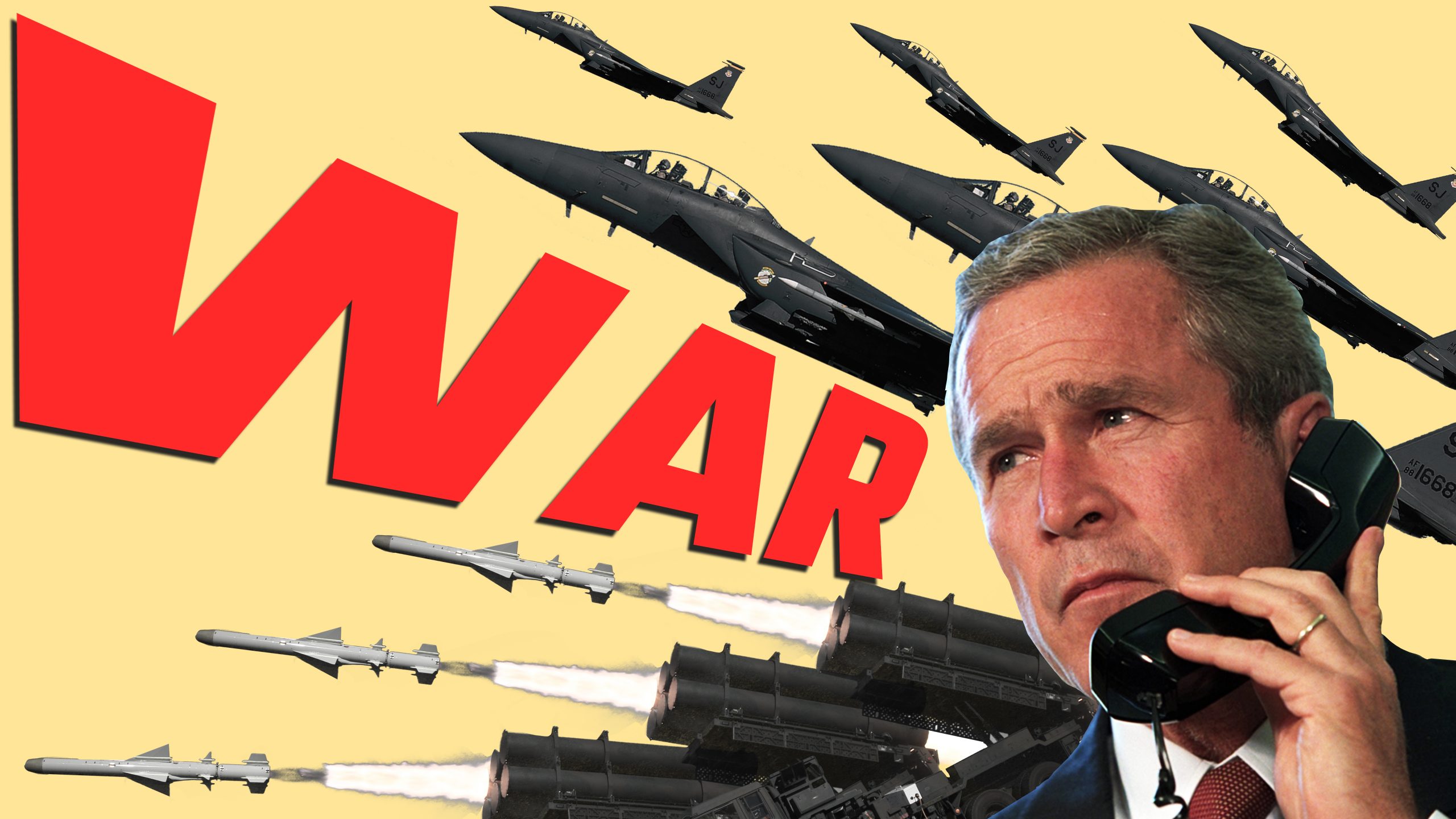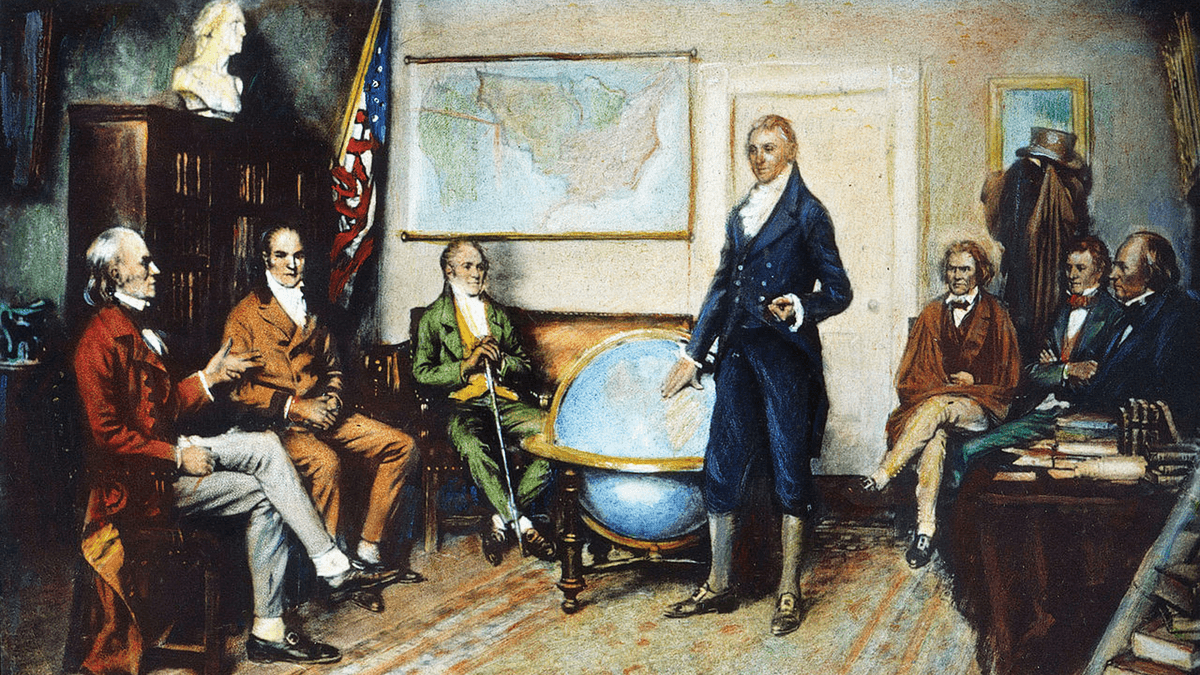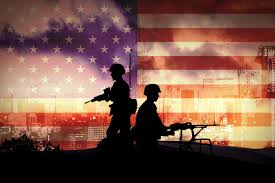The War on Terror: A New Era of U.S. Power

The War on Terror era reshaped global alliances, civil liberties, and American identity in lasting ways.
The Dive
On September 11, 2001, four commercial airplanes were hijacked by terrorists from the extremist group al-Qaeda. Two planes struck the Twin Towers in New York City, one hit the Pentagon near Washington, D.C., and the fourth crashed in a Pennsylvania field after passengers fought back. Nearly 3,000 people died. It was the deadliest attack on U.S. soil since Pearl Harbor and marked a turning point in American history.
The attacks shocked the nation and prompted President George W. Bush to declare a 'War on Terror'—not against a single country, but against a global network of extremist groups. This declaration launched a new kind of war, one with no clear borders, uniforms, or timelines.
Just weeks after 9/11, the U.S. invaded Afghanistan to dismantle al-Qaeda and remove the Taliban regime that provided them safe haven. This became the longest war in U.S. history, lasting two decades and raising questions about nation-building and exit strategies.
The Bush Doctrine, introduced in 2002, reshaped U.S. foreign policy by promoting the idea of preemptive war—striking perceived threats before they could act. It also encouraged unilateral action, meaning the U.S. might act without waiting for international approval.
In 2003, the U.S. invaded Iraq, arguing that Saddam Hussein’s regime possessed weapons of mass destruction (WMDs). No such weapons were ever found. The war led to massive civilian casualties, long-term instability, and the rise of extremist groups like ISIS.
At home, Congress passed the USA PATRIOT Act in the name of national security. It gave the government expanded powers to monitor communications, conduct surveillance, and detain individuals without traditional legal protections—raising major concerns about civil liberties and constitutional rights.
The 'War on Terror' blurred traditional definitions of war and enemy. Instead of a uniformed army, the U.S. faced loosely connected terrorist groups and ideological movements, making it difficult to declare victory or measure success.
This new era transformed nearly every aspect of American life—from airport security and immigration policy to the military budget and classroom debates about civil rights, identity, and American power on the world stage.
Why It Matters
The War on Terror didn’t just change airport security—it altered how America sees itself and how the world sees America. It redefined national identity, blurred the lines between safety and surveillance, and left a legacy of endless war that still shapes our politics, our rights, and our global standing. Understanding this era means questioning not just what happened, but what was lost—and what we must rethink moving forward.
?
Dig Deeper
The tumultuous 2000s in the United States of America, mainly the 2000s that coincide with the presidency of George W Bush. From the controversial election in 2000 to the events of 9/11 and Bush's prosecution of the War on Terror, the George W. Bush presidency was an eventful one.
Related

McCarthyism: Fear, Power, and the Red Scare
In the 1950s, fear of communism gripped America. Senator Joseph McCarthy fueled this fear by accusing hundreds of people of being communist traitors—often without proof. The result was a national panic that tested the meaning of truth, justice, and freedom.

The Monroe Doctrine
How a young United States told the world to stay out of the Western Hemisphere—and what that meant for the Americas.

The First Amendment: America’s Blueprint for Freedom
The First Amendment protects freedoms of speech, religion, press, assembly, and petition. It’s the foundation of American democracy—but also a source of constant debate and interpretation.
Further Reading
Stay curious!
